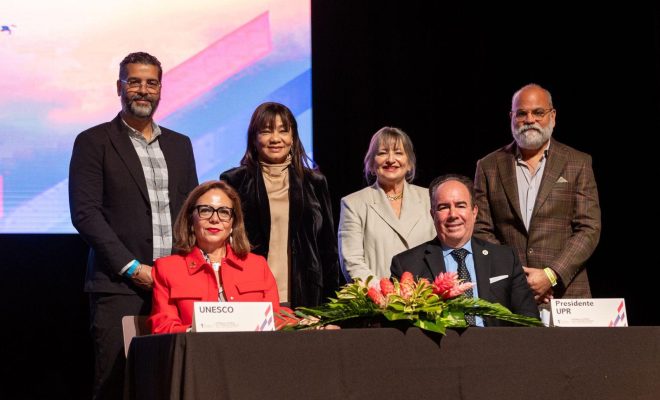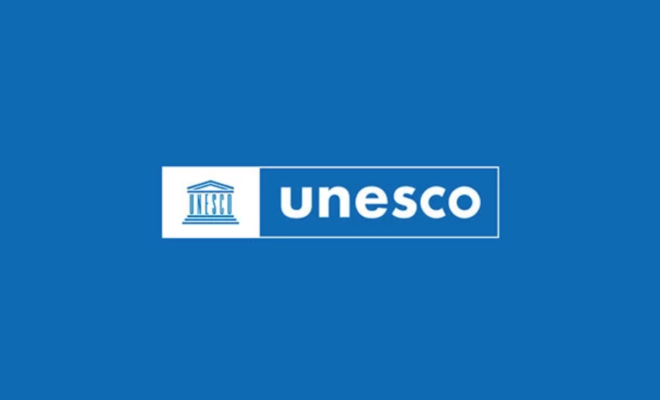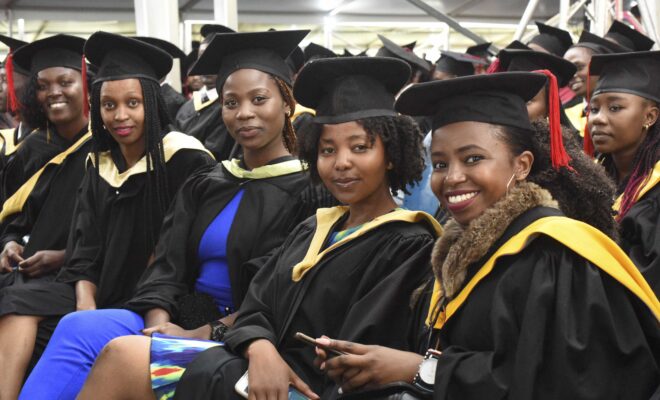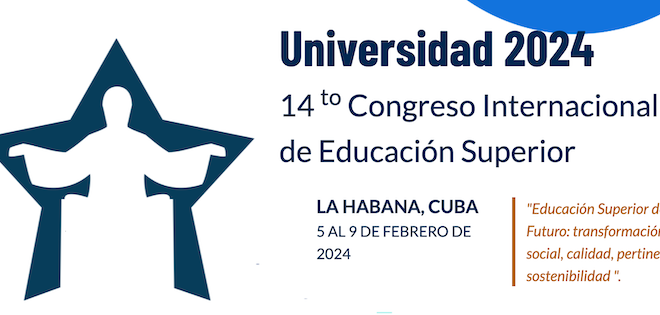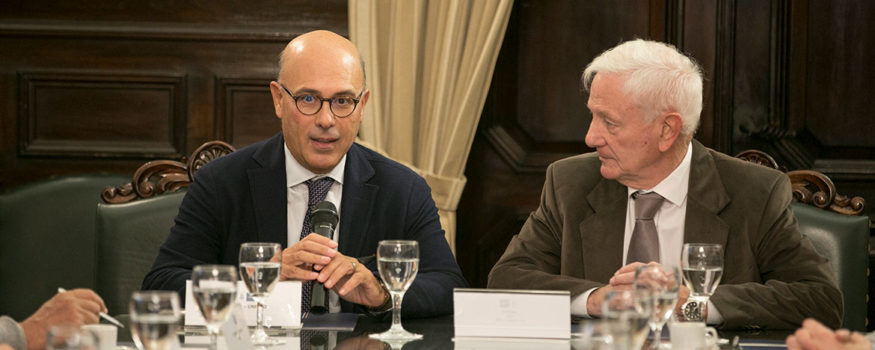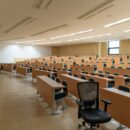More than 200 Peruvian teachers will receive training in the change management program
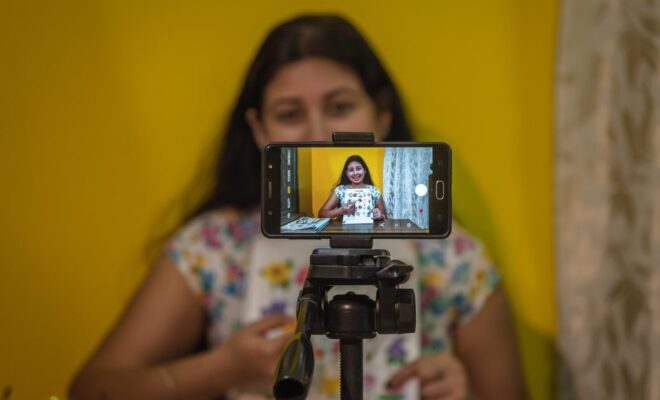
The training program for teachers, managers and authorities of the Universidad Nacional de Educación Enrique Guzmán y Valle, in Peru, will help participants develop the capacity to adapt to change and thus be able to plan and redesign their programs, migrating them from an objective-based model to a competency-based one.
The training program in change management and agile methodologies, which was launched on September 19 and follows a UNESCO IESALC model, is complemented by more than 12 strategic seminars on pedagogical academic management, as well as others seminars that will allow participants to create their own learning itinerary as a “smart roadmap”.
‘Today’s society demands an increasingly fast and flexible response from the university and the training of professionals must be in line with these changes, which is why agile methodologies and design thinking are gaining relevance in the educational context as another tool for teachers to support the transformation of society. In educational organizations such as universities, immersed in these complex and changing contexts, adaptation to change is required as a core competency.”
Yuma Inzolia, Director of Capacity Development at UNESCO IESALC
The program has an immersion phase, in which participants receive core training in change management and agile methodologies, as well as other seminars on specific topics for each group and virtual visits to universities to learn first-hand about best practices.
Teachers will be able to develop and strengthen their scientific and academic skills, articulating them with their previous knowledge and applying them when appropriate, in order to contribute to the accreditation of the programs.
Likewise, the program seeks to update teachers in modern teaching techniques and methodologies in virtual, blended and hybrid environments. To this end, participants will receive constant support and an initial leveling content for all of them.
In addition to the 210 teachers, 50 managers and 11 authorities will be trained to strengthen their capacities in change management, academic and pedagogical management for sustainability and innovation. There will be two calls for applications, the first from September to November and the second from November to January.
The program seeks to foster collective intelligence and to establish capacities so that through collaborative work they can develop their implementation plan, thanks to the acquisition of competencies that will enable them in the future to reformulate their syllabuses in the case of teachers; in the case of managers, their programs; and in the case of authorities, their strategy.
Some of the seminars
The seminars, synchronous and asynchronous, will allow you to design your own intelligent roadmap:
Managers:
- Creation of blended and virtual programs
- Virtual training areas or units: functions and opportunities
- Competency-based training and learning: a managerial perspective
- Management and quality assurance of experiences in virtual contexts
- Trends in education for sustainable development and global citizenship
- Technological model: pedagogical and organizational requirements
- Research in the university environment
Authorities:
- Management and decision making in competency-based curriculum for accreditation
- Understanding micro-credentials in the higher education space
- Strategic vision of virtual education offerings for Latin America
- The University of the 21st Century
- Digital Transformation in Latin America: challenge and opportunities
- Strategic management of education for sustainable development and global citizenship
Teachers:
- Flipped Learning in Higher Education
- Learning and challenges in the leveling experiences of new students
- Design of virtual repositories
- Teacher leadership strategies for the improvement of learning and classroom climate
- How to write learning outcomes and assessment criteria
- Keys to e-learning: Active learning and ICT integration
- Design of practical and laboratory digital resources in virtual or blended environments.
- Virtual assessment tools: questionnaires, checklists and rubric Universal Design for virtual learning in university environments
RELATED ITEMS

